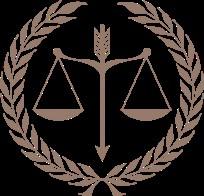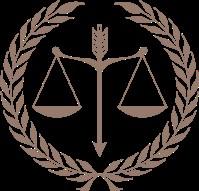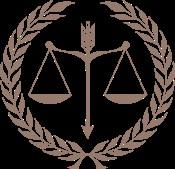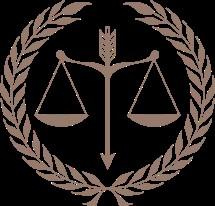


What is labor law
Labor law refers to the body of laws, regulations, and precedents that govern the relationship between employers, employees, trade unions, and the government in the workplace. These laws cover various aspects of employment, such as wages, working hours, safety standards, discrimination, employee benefits, and the rights and responsibilities of both employers and employees. Labor laws are designed to protect the rights and interests of workers while also providing a framework for employers to operate within. They help ensure fair treatment, safe working conditions, and equitable compensation for employees. Labor laws can vary significantly from one country to another, and they often evolve over time in response to changing economic, social, and political conditions.
About Our Lawyer
Rahul Sahu is a seasoned advocate with over seven years of experience. He specializes in criminal cases, family disputes, divorce issues, cybercrime, GST, and income tax matters. Labor law advisor Rahul is dedicated to serving his clients with professionalism and integrity.
Areas covered by labor laws
01 Wages and Benefits: These laws establish minimum wage standards, overtime pay regulations, and rules regarding benefits such as paid leave, health insurance, retirement plans, and disability benefits.
02 Working Hours: Labor laws may specify the maximum number of hours employees can work per week or per day, as well as regulations for breaks and rest periods.
03 Workplace Safety: Regulations concerning workplace safety aim to protect employees from hazards and ensure that employers provide a safe working environment. This includes measures such as safety training, equipment standards, and reporting requirements for accidents or injuries.
04 Employee Rights: Labor laws often outline various rights and entitlements for employees, such as the right to fair treatment, privacy, freedom of association, and protection from retaliation for exercising their rights.















